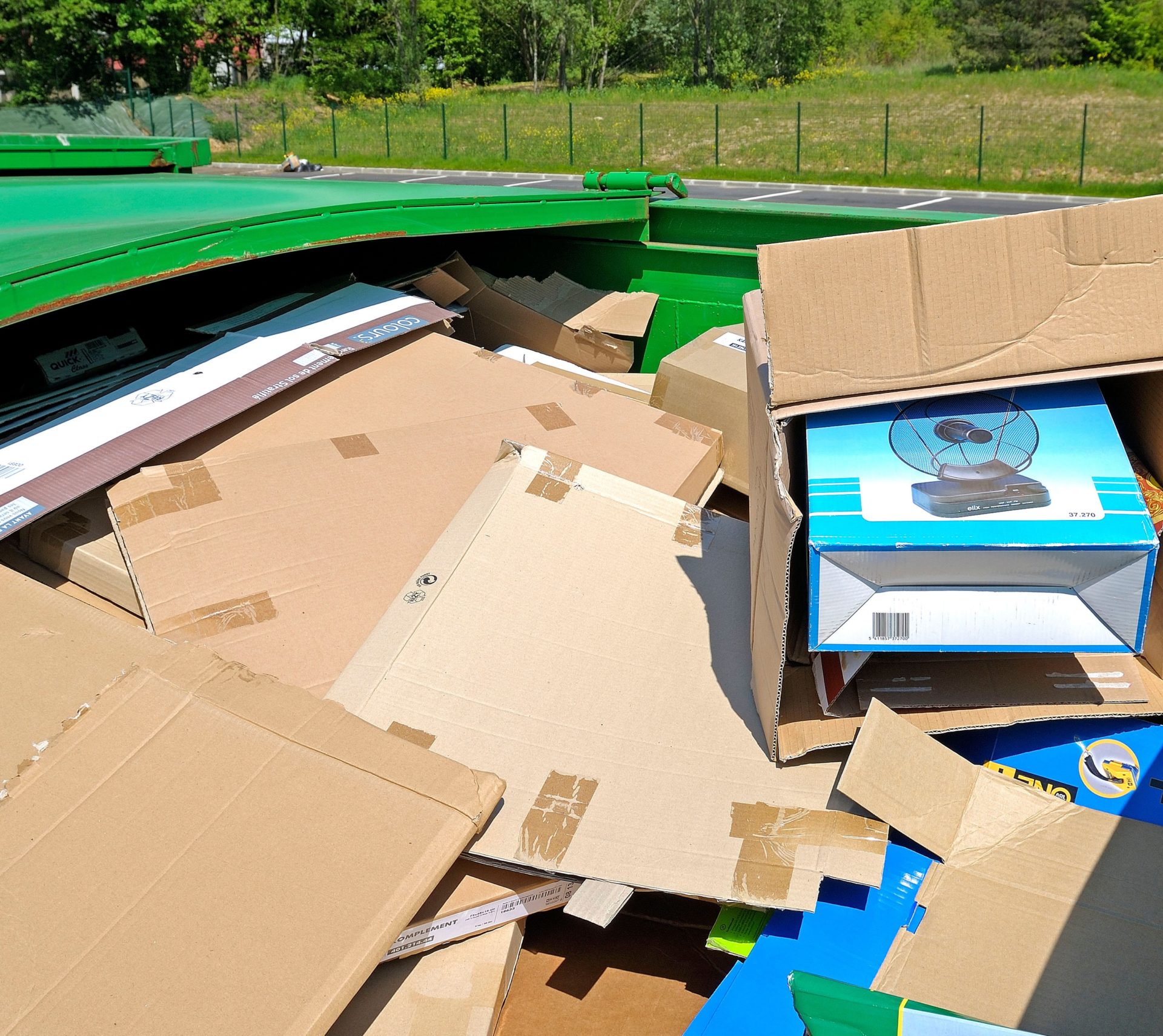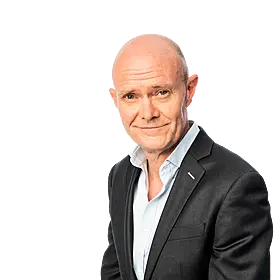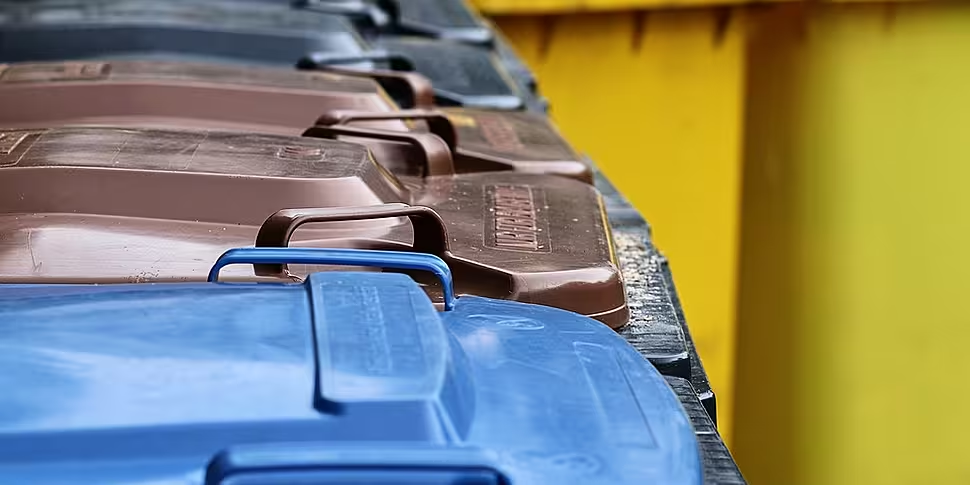Bin charges could be set to rise as waste collectors warn that the Deposit Return scheme is cutting into their profits.
The companies say bottles and cans are the most valuable items left in household green bins – and they could end up losing up to €15 million a year as customers pivot towards the Deposit Return scheme.
The Irish Independent reports that aluminium cans are worth €800 to €1,400 a tonne on the recyclable market, while PET plastic is worth around €500 a tonne.
It says bin companies now believe they will have no choice but to hike prices.
On Lunchtime Live this afternoon, listener Shane Byrne said he works in the waste industry and the scheme was always likely to have a huge impact on waste companies.
“The waste industry decided to subsidise recycling for the household customer,” he said.
“What it used to subsidise that was… [when] all the recycling comes in, it is all separated and it’s made into a product which is then sold.
“That money is put back into the company and that subsidises the low prices that you see for collecting your recyclables.”
 Cardboard in a waste collection centre, 4-9-08. Image: BSIP SA / Alamy
Cardboard in a waste collection centre, 4-9-08. Image: BSIP SA / AlamyAluminium cans and plastic bottles are the two most valuable items sold on the market.
Prices vary but aluminium usually fetches between €800 to €1,400 a tonne, while plastic can be sold at roughly €500 a tonne.
“If you take them out of the household recycling bins - which has happened, they’re the two most valuable items, so therefore, the ability to subsidise is massively reduced and that’s the issue.
“This is the foundation of the subsidies and you’ve taken it away, so logically at some point the costs are going to become an issue.”
Mr Byrne said the industry’s business model is “centred upon those two materials” and the DRS will have a significant impact on profit margins.
“There’s loads of other different materials - cardboard, et cetera - but the two most valuable materials are the bottles and the aluminium cans and that’s going to be a problem at some point,” he said.
Overconsuming
Another listener, Sinéad, admitted her stance on the issue is “very controversial” but said she did not mind having to pay more for waste collection.
“We hate paying for anything in this country as a collective… We want everything for free,” she said.
“As a country - as a planet as well - we have been overconsuming and overconsuming the planet’s natural resources at a completely unsustainable level for decades and decades and decades.
“Here we are now, we have completely trashed the place - we’re running out of resources.”
Last year, Ireland’s recycling rate was 41% but EU law requires it to rise to 55% by 2025.
You can listen back here:
Main image: Wheelie bins.









